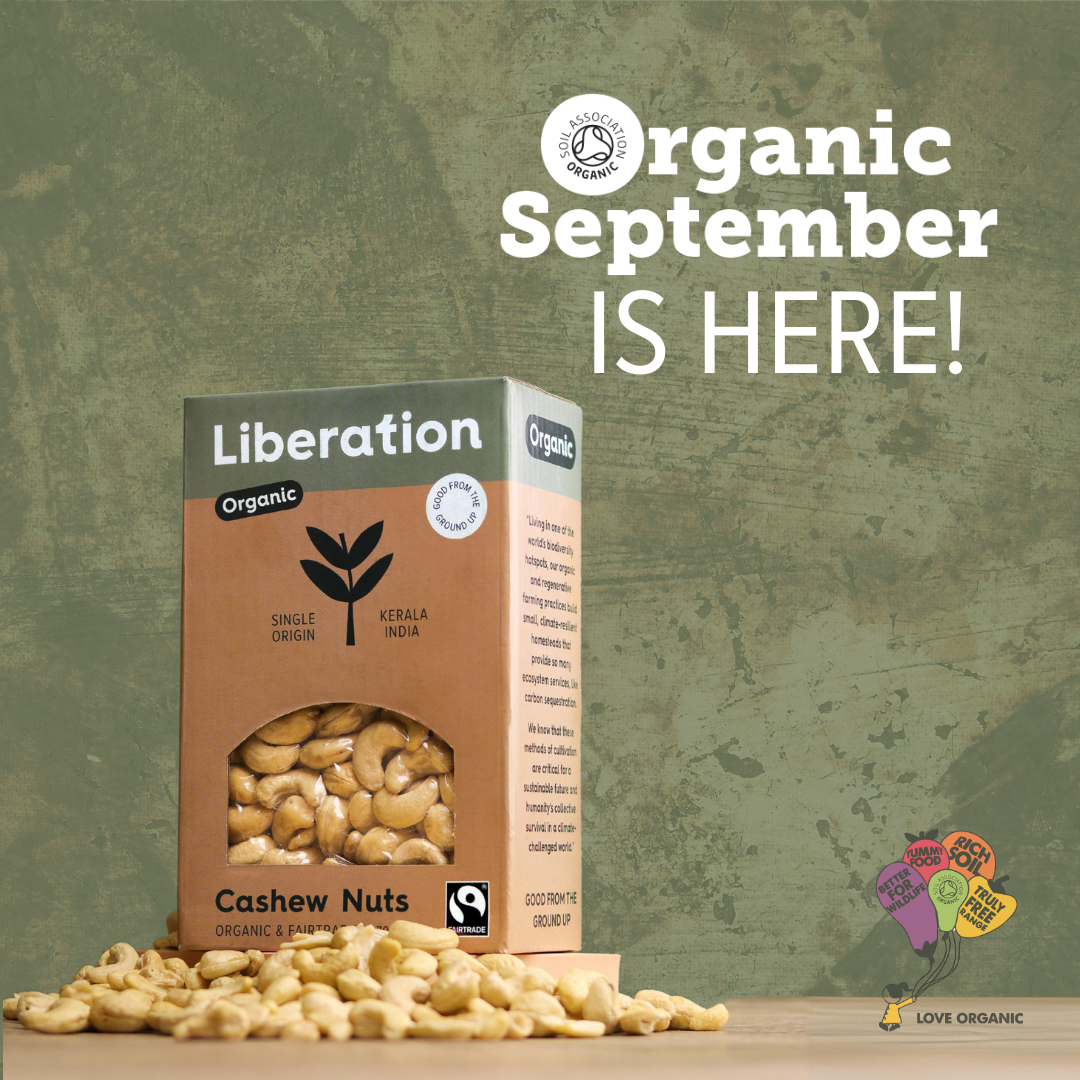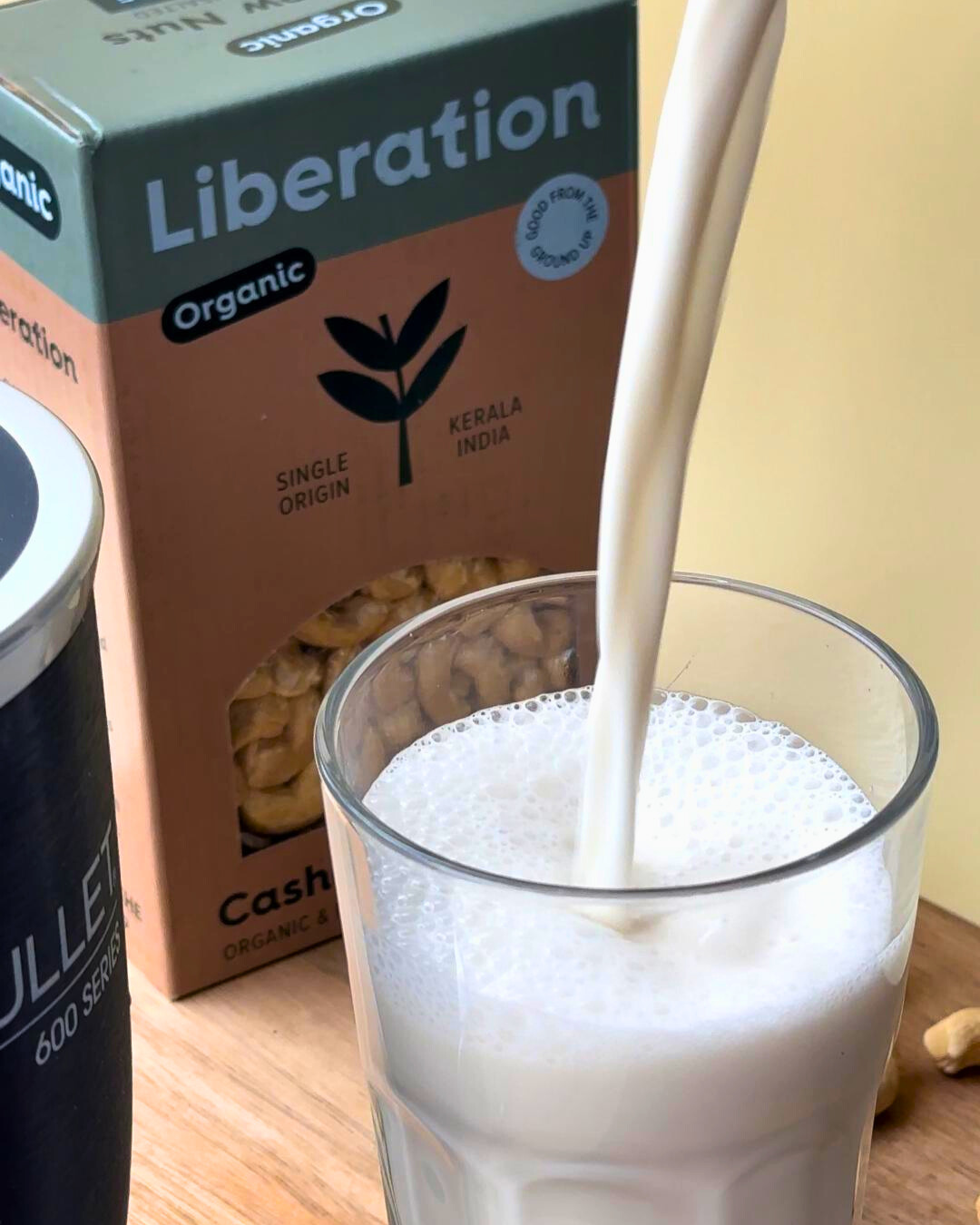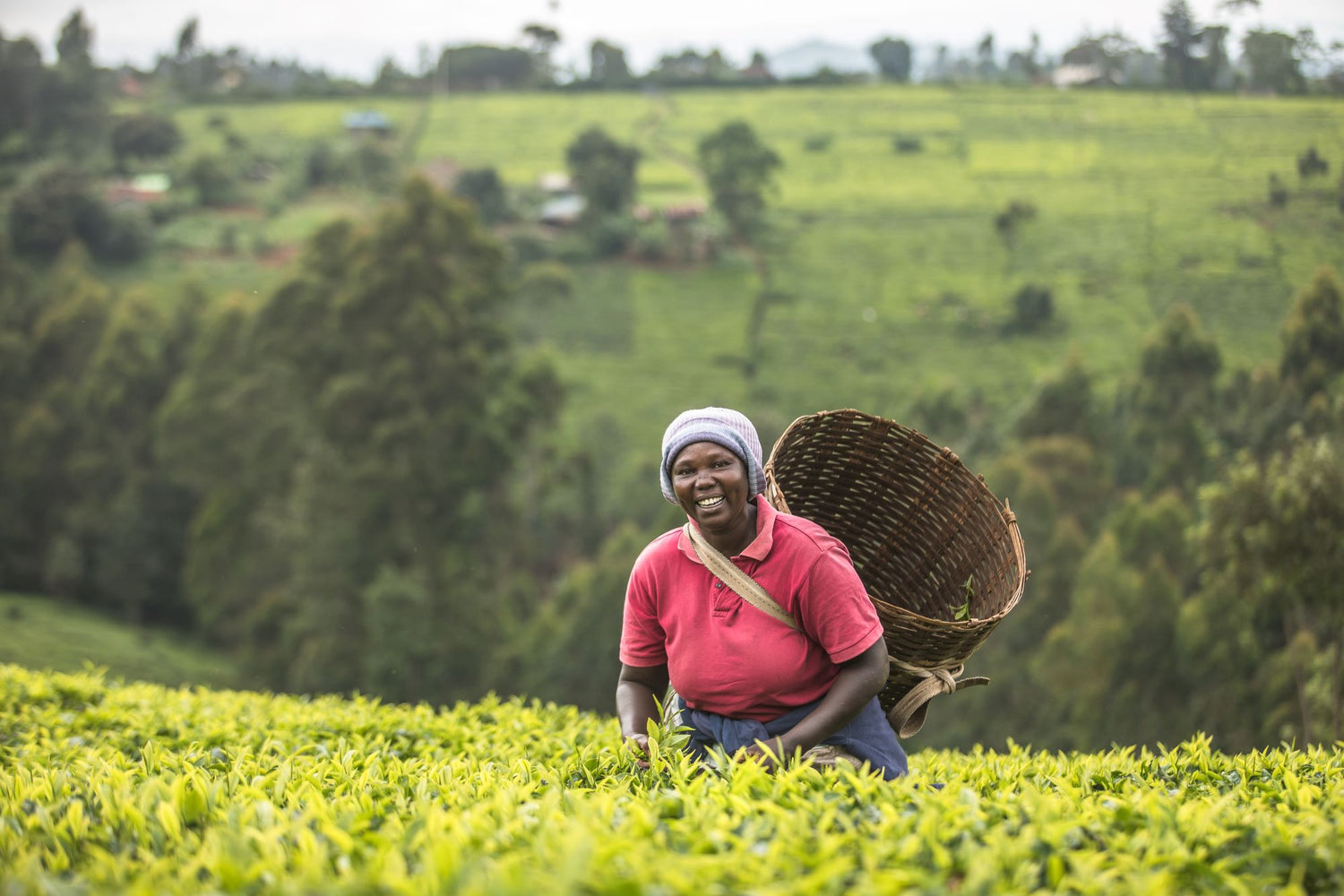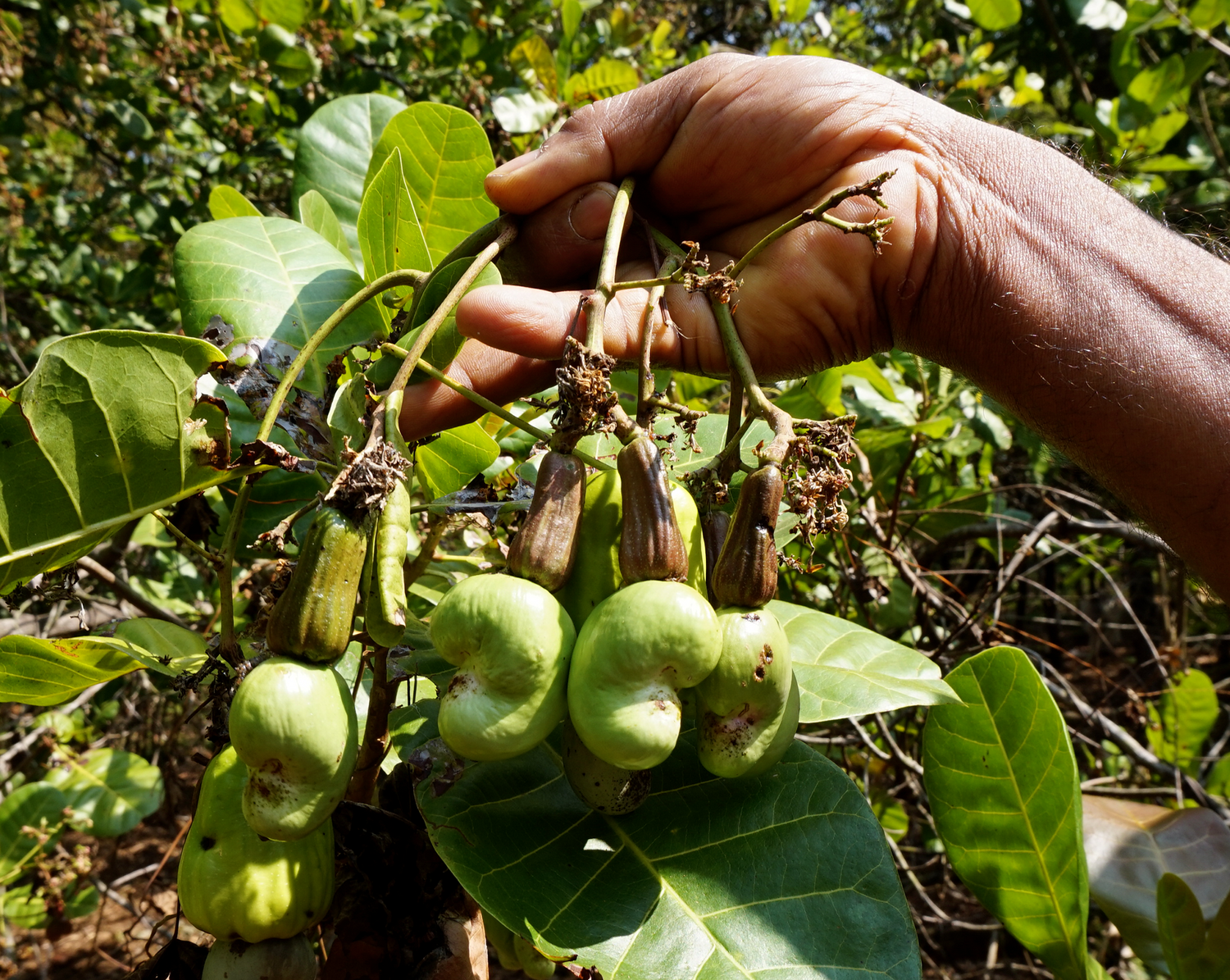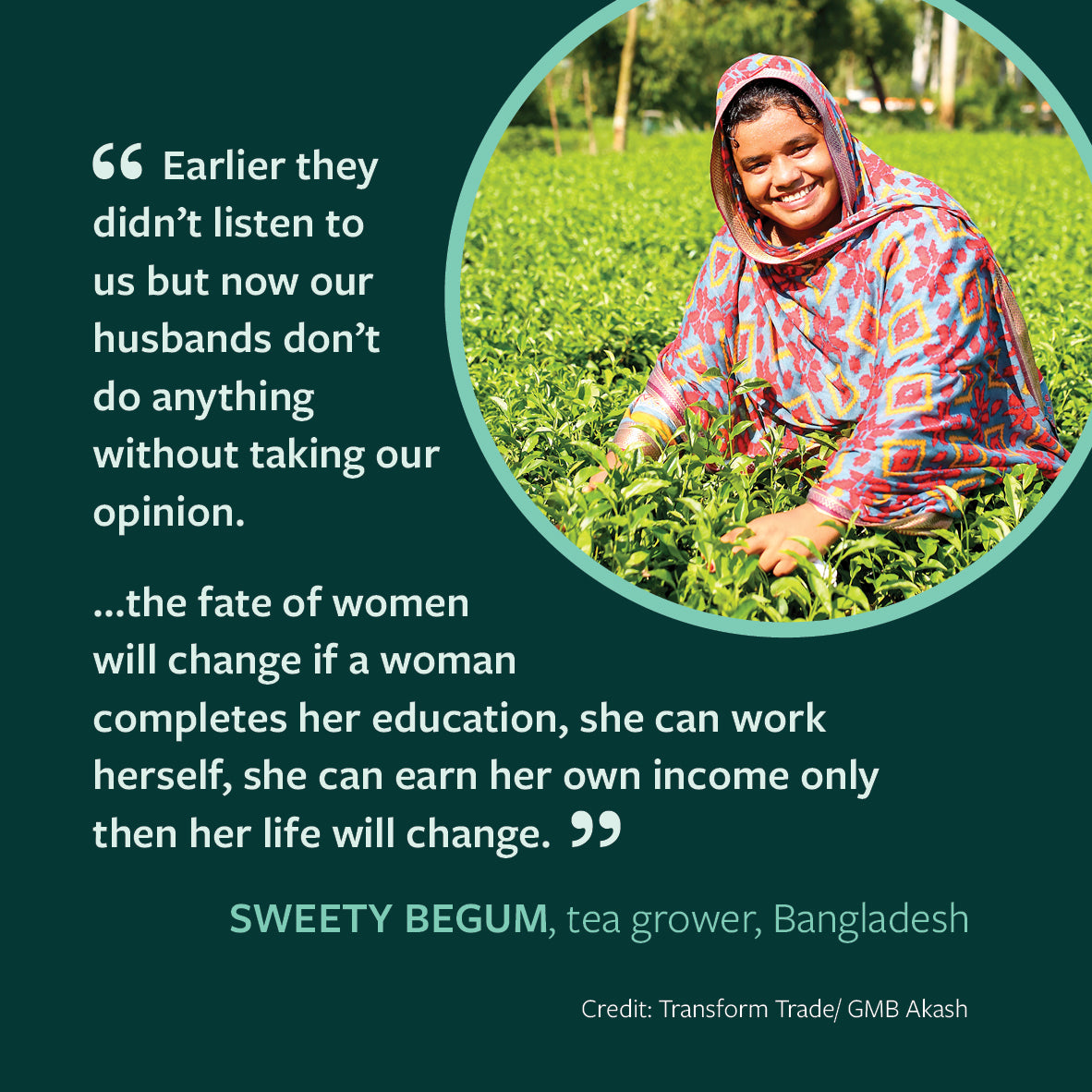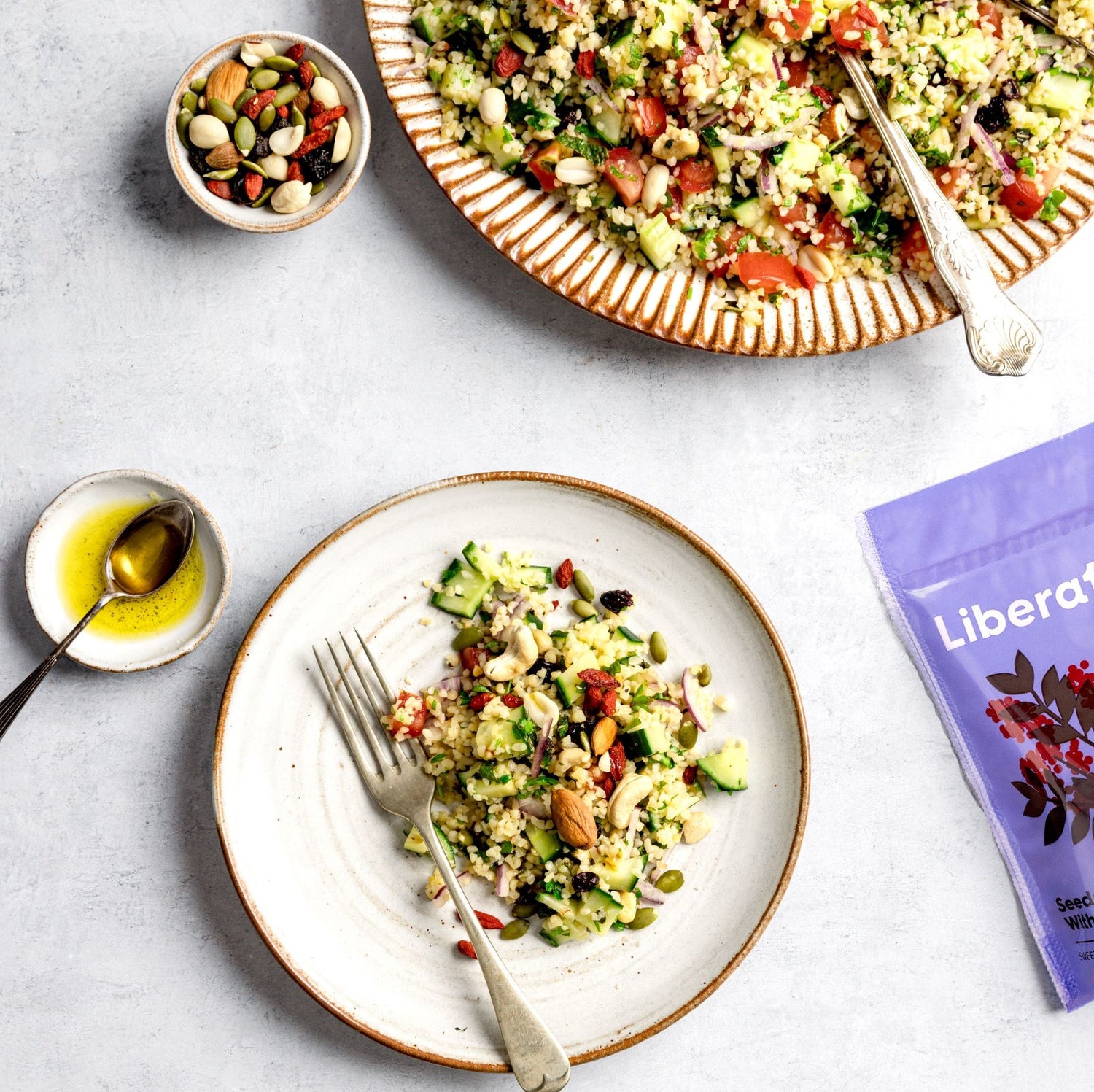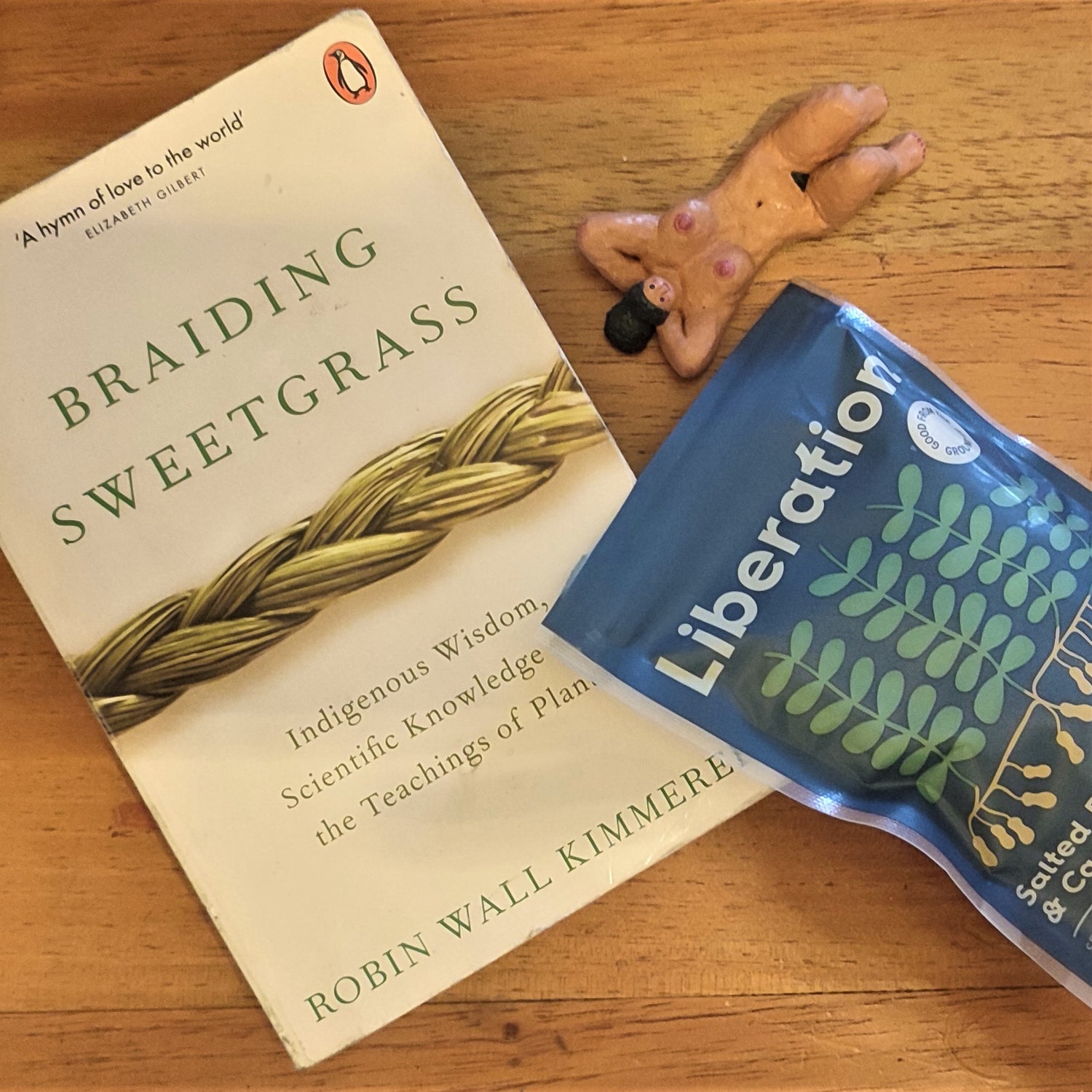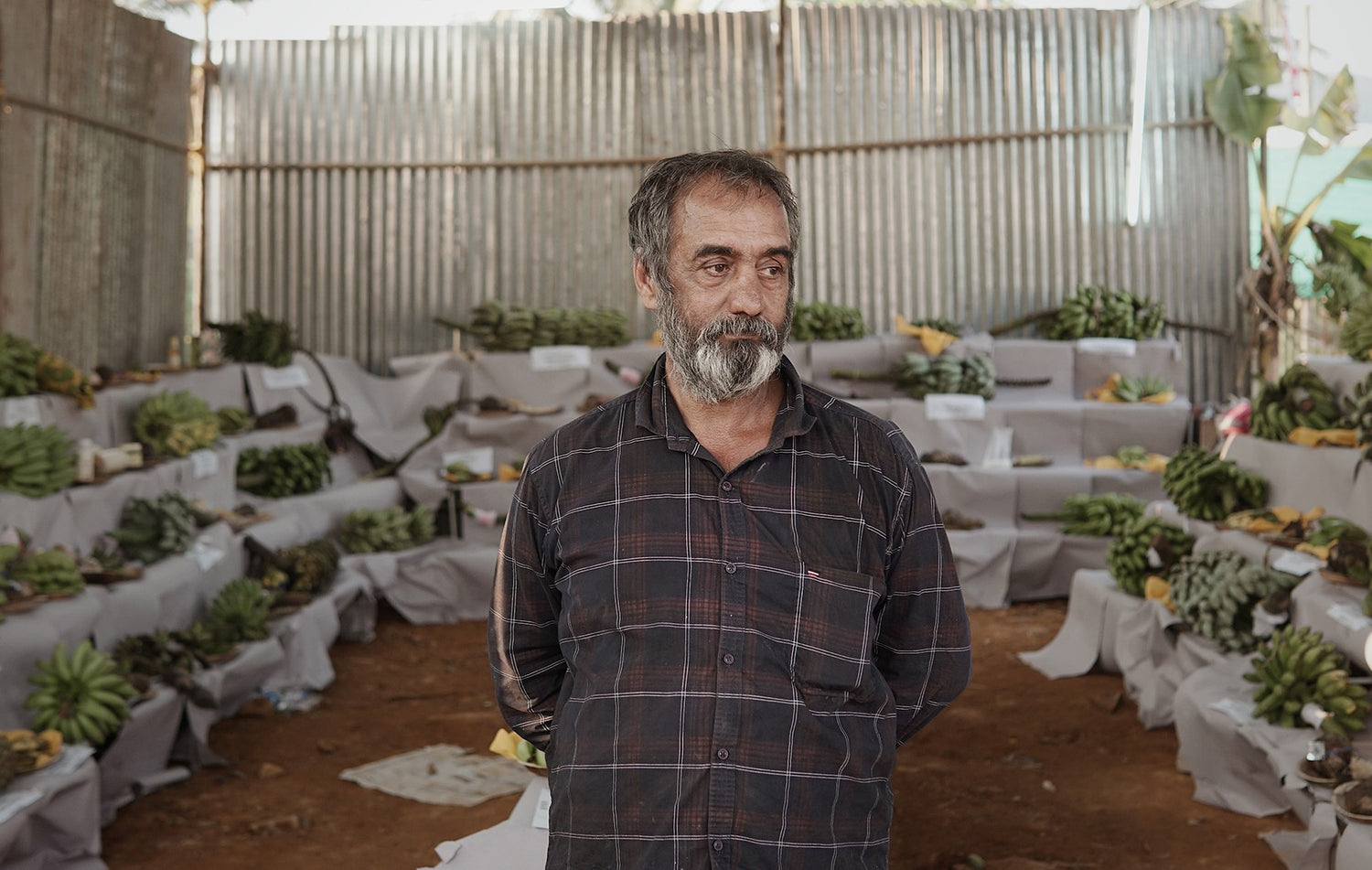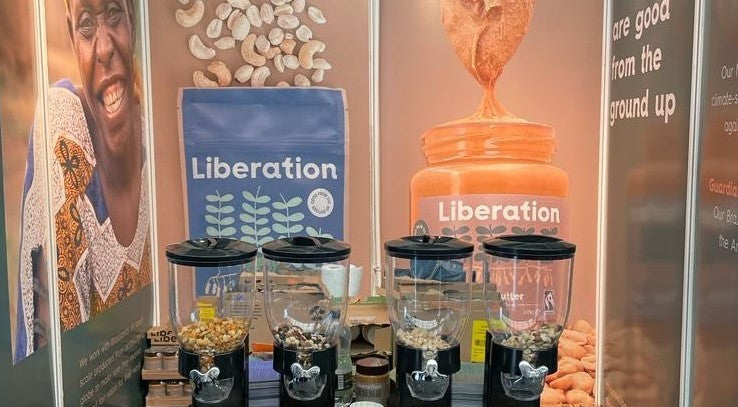Organic September's themes of collaboration, community and celebration offer the perfect opportunity to spotlight our global community of farmers and the techniques they use to support healthy agricultural systems.
Here are three key claims about organic farming and how our network of cashew farmers in Kerala are contributing:
"Organic farms have on average 30% more biodiversity"*
*Biodiversity = the variety of different plant and animal species including wildflowers, soil microbes, beetles, spiders and birds
One way for farmers to increase organic farming practices and the protection of biodiversity is through agroforestry. Intercropping trees with smaller crops can prevent soil erosion, improve soil health and offer shade and respite to living beings, from microbes and insects to birds and mammals.
Tree nuts, like Cashew, Brazil, and Macadamia, are grown with minimal to no chemical pesticides. Instead, there is a symbiotic relationship between these trees and other living beings; one provides protection and sustenance, the other offers services including pest control and pollination.
In the tropical southern state of India, the sweet cashew apple and flowers provide juicy treats and rich pollen for birds and insects to feast on whilst the shade cools the earth below to make a more inviting home for living organisms in the soil.
"Organic farms have healthier soils"*
*Long term studies have shown higher levels of soil microorganisms compared with conventional farmland
Organic farms use natural materials to create compost, manure and fertilisers to replenish the richness of their soil. By enhancing the nutrients in the earth, they build an attractive home for a variety of living organisms. Flourishing microbial life, in turn, leads to healthy, happy crops. It’s the wonderful circle of life in action!
The majority of the 4,500 members of Fair Trade Alliance Kerala turn the leftover organic waste from their farms back into fertile compost. Coconut husks and cashew apples transform into rich, nutritious substances to be fed back into the soil, and support the growth of new crops like spices, coffee, herbs, rice and teas*.
*We have more exciting news on this coming soon!
"Soils in organic farms store more carbon"*
*Long term studies have shown comparing organic and conventional farming systems
Aside from carbon removal through photosynthesis, the intercropping of trees and planting deep-rooted perennials (plants that last more than two years), build stability within soils. These techniques create a more effective environment for carbon sequestration. Reducing or completely avoiding tilling the land also means there is minimal disturbance to the soil, and less possibility of carbon release into the air.
Many of the smallholder plots of land owned by our network of farmers in Kerala are thought to be so rich in crop diversity, with life-infused, healthy solid, that they act as a carbon sink, removing and storing extra carbon from the atmosphere.
Our Fairtrade, Single Origin, Organic Cashews, direct from these very same farms, are on special offer for the month of Organic September.
And for more information and organic inspriation this month, visit Soil Association.

